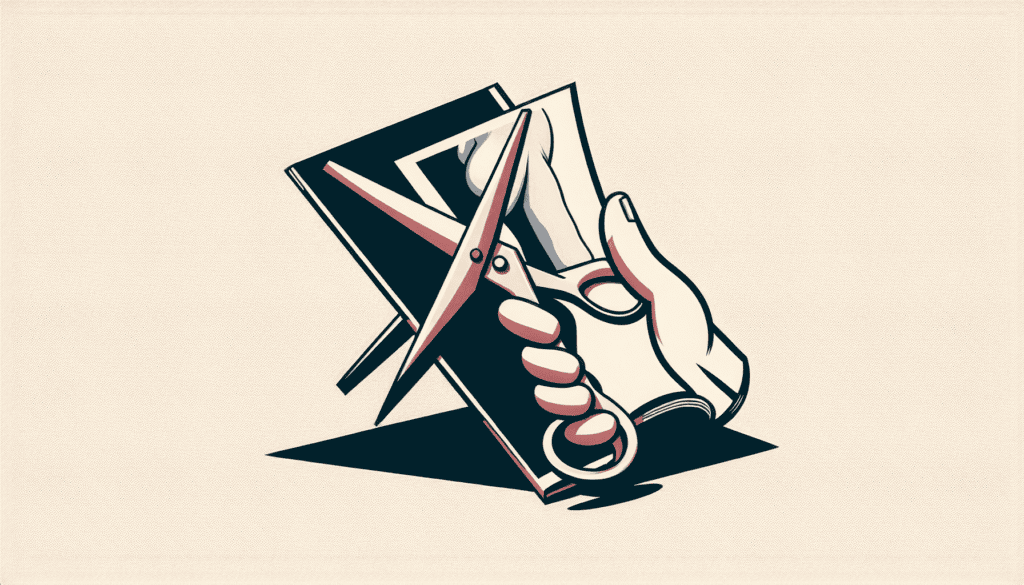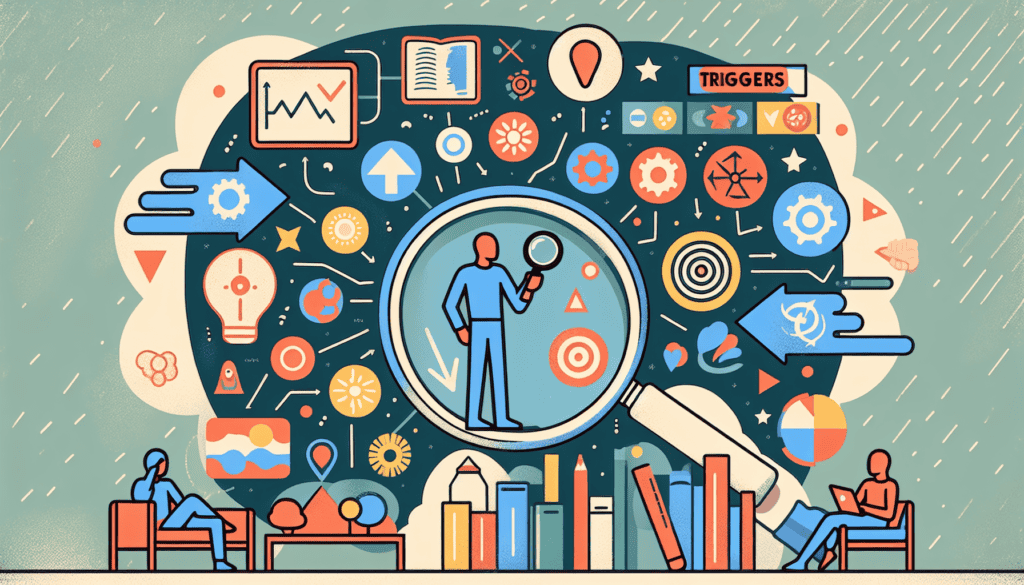Supporting a Partner in Recovery
Role of Family in Recovery
Being part of an addict’s journey to sobriety, family and pals are like unsung heroes. They create a sort of safety net at home, boosting the morale of their loved ones taking lessons from recovery programs.
With the supportive backdrop provided by families, there’s more of a fighting chance not just for sobriety to last, but also for the recovery chapter to be a success story in the making. Mending family ties often means using services aimed at piecing relationships back together.
A big part of helping a partner involves getting what they’re going through, along with the bumps in the road. You’ll likely face hurdles like keeping the lines of communication open with ease, dealing with past issues, and going through emotional highs and lows. Creating a welcoming corner at home, where acceptance reigns supreme, can make all the difference on their journey to kick the habit.
Active Listening Techniques
Nodding along and really hearing what your partner says, that’s active listening in their recovery playbook. It’s the mender of bridges burnt during those dark addiction-run days. Trust builds, conversations flow, and you know you’re doing something right (Immersion Recovery Center).
To be an all-star listener, check out these moves:
| Active Listening Technique | Description |
|---|---|
| Maintain Eye Contact | Lock eyes to show they got your full attention and respect. |
| Be Relaxed Yet Attentive | Balance that friendly interest in your tone and body language. |
| Avoid Interrupting | Give them space to spill what’s on their mind without jumping in. |
| Refrain from Imposing Solutions | Focus on understanding, not fixing. |
The secret sauce? Less talking, more listening when life’s about recovery for your partner. Skip making it all about their struggles at every tick of the clock. Letting heartfelt talks happen, minus the pressure, makes room for a much-needed feeling of worth.
And boy, does active listening go hand in hand with healing in recovery. It sets up healthier interactions and all the right vibes to repair fractured relationships (Ventura Recovery Center). By rolling with a supportive communication game plan, families lend a sturdy hand to their partners battling the recovery storm.
Effective Communication Strategies
When helping a partner recover from porn addiction, decent conversation skills can make all the difference. Here are two practical strategies: using person-first language and getting clued up on addiction.
Person-First Language
Words matter a lot in creating a supportive atmosphere for those bouncing back from addiction. It’s better to put the person before their addiction—say “person with addiction” instead of “addict.” This little shift helps chip away at harmful stereotypes and shows respect.
Talking this way keeps the door open for real conversations and can strengthen the bond with your partner. It keeps the focus on their journey and efforts, spreading compassion and understanding instead of judgment.
Educating Yourself on Addiction
Knowing what addiction is all about helps tune up communication. Addiction’s a complex medical condition, involving brain circuits, genetics, environment, and personal history. Learning about these can boost empathy and deepen the relationship with a recovering partner.
When you know the score, it’s easier to grasp what your loved one’s going through during treatment. This know-how leads to more supportive chats, building trust, and encouraging their recovery. Many times, those struggling know their journey better than we do. Disagreeing with their view can slow down progress, while genuine support cheers them on their recovery path.
Keeping communication clear and consistent makes all the difference. Set boundaries, use “I feel” statements, and own your part to keep conversations smooth and constructive.
For more tips on supporting a partner in recovery, check out resources like helpful resources or support systems for recovery and important steps in recovery.
Establishing Trust and Boundaries
When someone’s battling porn addiction, it’s crucial to build a sturdy trust foundation and set some clear ground rules. Both partners need to bring their A-game of commitment and empathy if they want a supportive atmosphere.
Consistency in Support
Staying consistent with your words and actions counts big time when you’re backing up a partner in recovery. Laying down clear expectations and boundaries is key to avoiding any mix-ups. Just hit ’em with those “I feel” statements—it’s a smart move to talk about feelings while owning up to your role in the situation. This way, you boost healthy communication and keep the supportive vibe alive (Verywell Mind).
| Consistent Behavior | Description |
|---|---|
| Supportive Words | Throw in some positive reinforcement and uplifting phrases. |
| Regular Talks | Set aside time to chat about feelings and progress regularly. |
| Set Boundaries | Define and respect personal lines in the sand within your relationship. |
Trusting and Believing in Your Partner
Trust isn’t just a word; it’s a pillar throughout recovery. Believing in your partner, especially when they open up about their addiction, makes a world of difference. Dismissing their self-reflection or making alibis for their actions can trip them up. Instead, stand by them and respect their choices while offering your hand; it tightens the bond during their recovery.
| Actions that Build Trust | Description |
|---|---|
| Validate Feelings | Give a nod to your partner’s emotions and experiences. |
| Be Open | Share your thoughts and worries honestly about their recovery. |
| Encourage Solo Efforts | Let your partner tackle challenges solo now and again, boosting their can-do spirit. |
By nurturing trust and being consistent with your support, both partners can brighten the path of recovery. Hungry for more know-how on this? Check out topics like what is the key to longer-lasting sobriety? and what are the most important steps in recovery? for the solid advice.
Encouraging Seeking Help
Helping someone close deal with a porn addiction means getting familiar with treatment paths and learning how to chat effectively about them.
Understanding Addiction Treatment
There’s a bunch of treatment options for tackling addiction, and what’s suitable depends on how severe the addiction is and the person’s life situation. You’ve got detox, inpatient, and outpatient therapy in the mix. Everyone’s path to kicking an addiction looks a bit different, shaped by their unique needs.
| Treatment Type | Description |
|---|---|
| Detox | Withdrawal process under supervision. |
| Inpatient Treatment | In-depth therapy in a dedicated facility. |
| Outpatient Treatment | Treatment while managing daily life at home. |
Behavioral Couples Therapy (BCT) is a game changer, where both partners dive into rehab together. This method not only strengthens relationships but also offers a better shot at long-lasting recovery than going solo (American Addiction Centers).
It’s crucial to create a supportive home vibe post-rehab. This means chatting about being ready for sobriety, cutting out triggers, and being extra aware of places that might spark cravings (American Addiction Centers).
Initiating Conversations About Treatment
Talking to a partner about taking that rehab step needs a gentle, caring approach. Keep things calm, and stay laser-focused on your concerns to nudge them toward seeking help. Prepping for this convo is key to steering them to rehab options. Laws in some states might allow involuntary commitment if they’re risking harm to themselves or others (American Addiction Centers).
When it’s time to chat with your partner about getting help, here’s how you can keep things positive:
- Plan Ahead: Pick a good time and comfy space for the talk.
- Be Specific: Zero in on particular behaviors instead of making sweeping statements.
- Listen Actively: Let your partner spill their thoughts and feelings.
- Stay Supportive: Show them you’re all-in for their recovery and want to help.
During these talks, building a trust-filled, open environment is super important. For more info on the road to recovery, you can check out topics like most important steps in recovery and supporting a partner in recovery.
Self-Care for Supporting a Partner
Being there for a partner on their path to overcoming porn addiction isn’t just about standing by their side—it’s also about looking out for your own well-being. Practicing self-care is vital in this process, as it helps you maintain balance and avoid emotional fatigue. Here, we’ll chat about two important bits: setting personal boundaries and keeping up your wellness.
Setting Personal Boundaries
Drawing clear lines in the sand is super important when you’re supporting a partner in recovery. This isn’t just about avoiding arguments—it’s about building trust and keeping things smooth. Letting your partner know where you stand can save you both a heap of frustration and mixed signals. Try using statements that start with “I feel” and own up to your role in things—this really helps in keeping the lines of communication open and honest (Verywell Mind).
| Personal Boundaries | Why They Matter |
|---|---|
| Stick to talking about addiction at set times | Keeps other parts of the relationship strong |
| Don’t cover up for a partner’s actions | Helps them stay accountable |
| Saving time for your own self-care | Keeps your mental health in check |
Having these boundaries not only safeguards you but also guides your partner by highlighting what’s okay and what’s not within your relationship.
Ensuring Personal Wellness
Looking after yourself is priority number one when you’re helping a partner through recovery. Taking care of yourself gives you the staying power to handle the emotional ups and downs that might pop up. Dive into regular self-care routines—whether it’s working up a sweat, diving into hobbies, or chatting with a counselor—to help keep things in perspective (AdCare).
By weaving self-care into your routine, you’ll prevent slipping into a codependent cycle where you might find yourself accidentally enabling your partner. Each person should zero in on their personal healing, which brings a solid foundation to the table (Couples Rehabs).
A few areas of personal wellness to focus on:
| Wellness Area | What It Involves |
|---|---|
| Physical Wellness | Stay active and eat right |
| Emotional Wellness | Talk it out in therapy and find groups for support |
| Mental Wellness | Try mindfulness or meditation to tackle stress |
Tuning into these wellness areas makes strides towards long-term success in recovery, ensuring both partners are nurturing themselves while they face challenges together (Couples Rehabs). Boosting personal resiliency not only lets the individual shine but also tightens the bond of the relationship.
For more pearls of wisdom on supporting a partner on the mend, you might want to check out what are the things people don’t tell you about recovery? and what is the key to longer-lasting sobriety?.
Overcoming Challenges in Recovery
Kicking habits, especially when it comes to porn addiction, isn’t just a stroll in the park. It’s a winding path full of those sneaky little speed bumps like mental health issues and money woes. Getting a handle on these hiccups is super important if you want your journey to a better you to go smoothly.
Addressing Co-occurring Disorders
It’s a fact that when it comes to addiction, it’s rarely flying solo. Often, folks also have to deal with mental health demons like anxiety, depression, bipolar disorder, or schizophrenia that throw a wrench in the process. Recognizing these heavy hitters is key. It’s not just about tackling the addiction; it’s about seeing the whole picture and giving all the pieces the attention they deserve.
Getting hooked up with professionals, like therapists or counselors, is a major game-changer. They come equipped with a toolbox filled with goodies like cognitive-behavioral therapy (CBT), yoga therapy, or music therapy to help sort out emotions, which can make sailing through recovery a bit easier.
Anyone who’s on this journey must learn to swap out old, unhelpful habits for solid coping strategies, acting as a helping hand to shake free from the past.
Financial Struggles in Recovery
Money and addiction recovery have a rocky relationship. Many find themselves up a financial creek without a paddle because addiction often pushes responsibilities to the back burner, leading to job losses or piling-up bills. These financial messes can put a damper on accessing much-needed treatments or resources.
It’s vital to champion self-advocacy here. A realistic budget is like a GPS for finding financial stability while navigating recovery waters.
Seeking financial advice could also shed some light on debt management and deciding what’s worth spending those hard-earned dollars on. Encouraging open chats about money matters and setting shared goals can foster teamwork and a transparent path forward.
Offering a steady hand of support while prompting independence can be tricky but necessary. Be patient, lend an ear, and offer encouragement consistently, reminding your loved ones they’re not alone in tackling these challenges.
Committing to this journey doesn’t mean overlooking your dedication to walking by their side every step of the way. Explore more about how to support someone on their recovery adventure with our insight on the most important steps in recovery.











